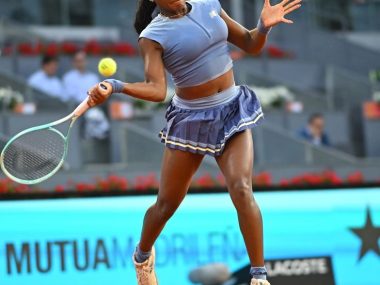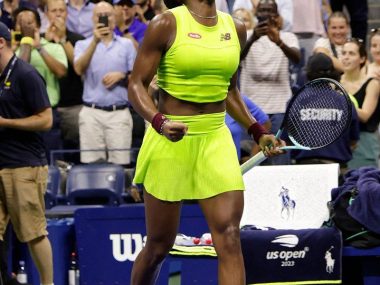In the high-pressure world of professional tennis, athletes are often expected to juggle two very different skill sets: playing the sport at the highest level—and handling the media with poise after emotional wins or crushing defeats. Aryna Sabalenka and Naomi Osaka know all too well how that balancing act can sometimes tip over.
Both players have faced criticism for less-than-smiling post-match interviews, especially after losses. Sabalenka, known for her fierce, fiery on-court presence, has occasionally worn her frustration openly, giving curt answers or visibly showing disappointment. Osaka, on the other hand, has spoken candidly about the mental and emotional strain of these moments, even taking breaks from the tour to prioritize her well-being.
Critics label such behavior as “poor sportsmanship” or “being sore losers.” But here’s the truth: these athletes are human. They’ve just poured hours—sometimes weeks—of effort into a tournament, only to fall short in front of millions. Expecting them to instantly switch on a polished PR smile isn’t just unrealistic—it’s unfair.
Authenticity is part of what draws fans to sports in the first place. When Sabalenka admits she’s frustrated or Osaka speaks honestly about her struggles, they’re offering an unfiltered glimpse into the realities of elite competition. That rawness is not a flaw—it’s a connection point for fans who value truth over rehearsed soundbites.
We also can’t ignore the gender dynamic here. Male athletes often receive praise for showing passion or “wearing their heart on their sleeve,” while female players risk being labeled “emotional” or “immature.” This double standard only deepens the need to reevaluate how we judge moments of visible disappointment.
Cutting Sabalenka and Osaka some slack doesn’t mean excusing disrespect—it means recognizing that frustration, honesty, and vulnerability are natural parts of sports. These players aren’t robots programmed to deliver perfect press conferences; they’re individuals navigating the highs and lows of their careers in real time.
In the end, perhaps the real question isn’t whether they’re sore losers—it’s whether we, as fans and media, are ready to accept that champions can be authentic, even in defeat. And maybe, just maybe, that makes them more relatable—and more inspiring—than any scripted post-match smile ever could.






